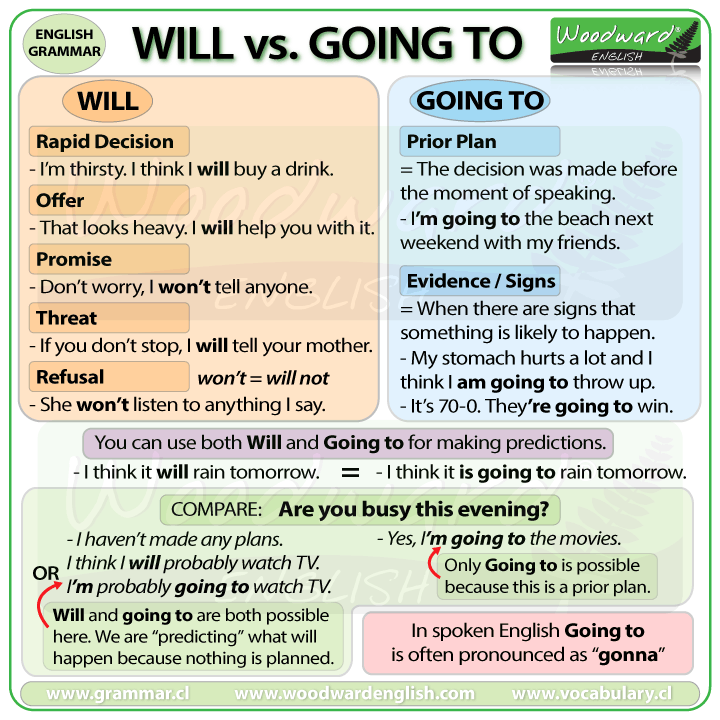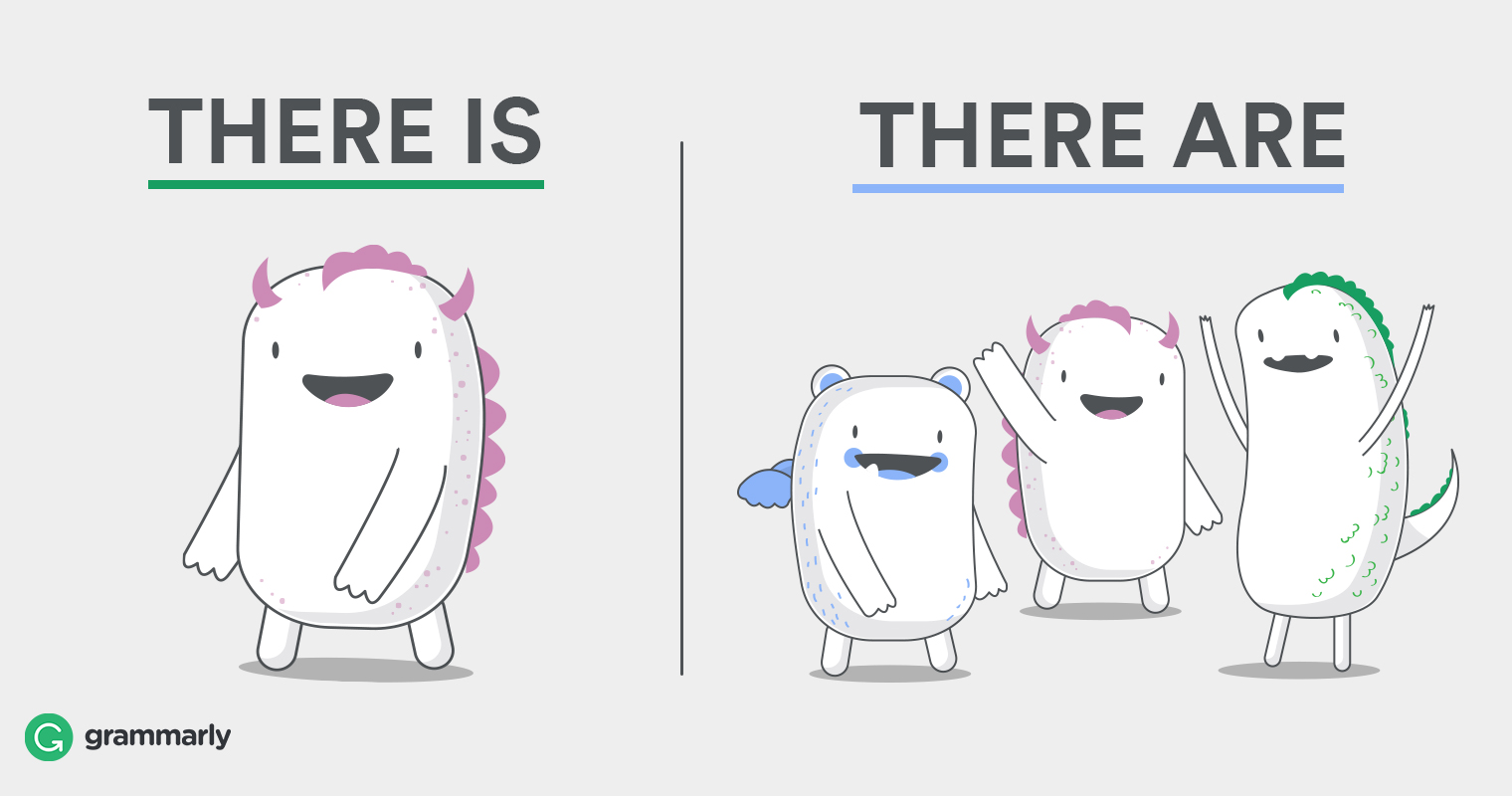RECUPERACION DE INGLES
TAG QUESTIONS
1. escriba el tag question en cada oración.
There Is a Number of vs. There Are a Number of
There are a number of unnamed stars in our galaxy? There is a number of unnamed stars in our galaxy? It’s difficult to tease out whether you should use is or are in a construction like this. The verb is being pulled toward there, number, and stars all at once.
Here’s a tip: Sentences that begin with There is/are a number of… are almost always wordier than they need to be. Your best bet is to rewrite it: Many stars in our galaxy are unnamed.
But if you really can’t rewrite it, you’ll have to make a choice. Use is if you want to emphasize the group; use are if you want to emphasize the individual members.
It’s the same with other collecting phrases, like a variety of.
There is a wide variety of flavors to choose from.
There are a variety of unique destinations we can visit.
There Are a Lot of
Use there are when you’re talking about “a lot” of something.
There are a lot of people in this elevator.
There is a lot of people in this elevator.
There Is vs. There Are With a Series of Items
When you’re making a list of things, sometimes there are sounds wrong:
There are a kitchen, a living room, and a bedroom in my apartment.
There are sounds bad because the noun that follows it, kitchen, is singular. Even though you’re really talking about multiple things, (a kitchen, a living room, a bedroom), it’s often better to use the singular verb is in a construction like this.
There is a kitchen, a living room, and a bedroom in my apartment.
Some language commentators still insist on using are in sentences like this despite the awkwardness, but actual usage is extremely mixed. Remember, if the sentence sounds awkward either way, you can always rewrite it to avoid the “there is/are” problem altogether. 

 Was and were are in the past tense, but they are used differently.
Was and were are in the past tense, but they are used differently.